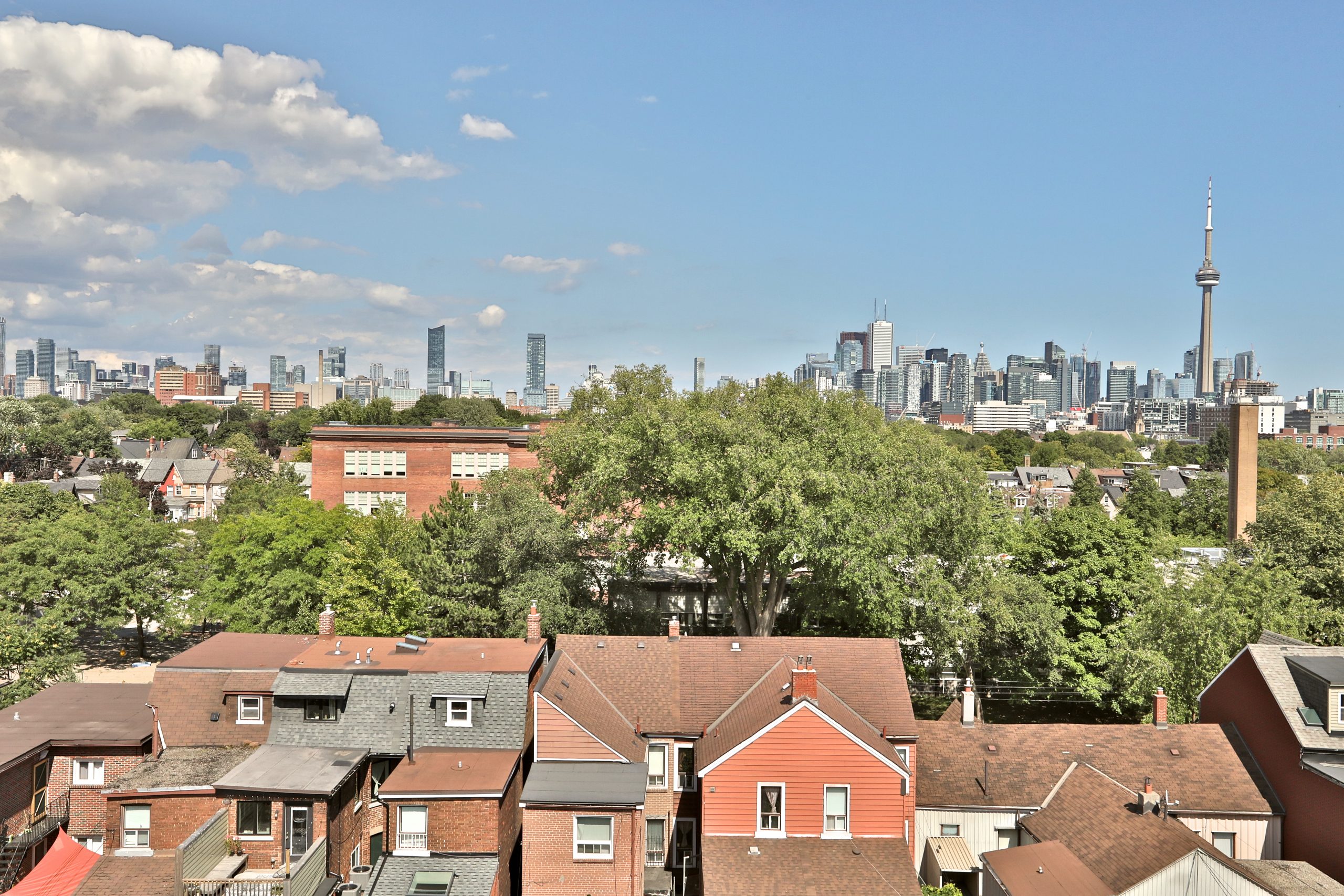The Bibby Group Newsletter | August 2020

As we approach the home stretch of summer and settle into Stage 3 of Toronto’s reopening, our real estate market appears to be returning to “business as usual,” with June and July showing a strong recovery from a stalled spring season. Given the many unknowns concerning our fall market, it appears that the balance of the year is being compressed into the current months, where conditions have been relatively predictable and positive.
Condominium sales have remained flat and seen slower price growth. As more supply comes to market this fall, there are hints that the downtown Toronto condo market could present an opportune time for those looking to purchase. The freehold market, on the other hand, has weathered the worst of the pandemic, with multiple-offer scenarios continuing to frustrate buyers. There are also signs that certain pockets outside of the city are heating up again, particularly in the suburbs. Indeed, detached and townhouse markets in the region surrounding Toronto, the fashionable exurbs, and cottages have experienced a boom of activity as people seek safe getaways to escape the coronavirus.
The recurring discussion I’m having with buyers and sellers is how the remainder of the year will pan out. There are a few lingering concerns from consumers—specifically, how a spike in reported COVID-19 cases could impact the market once cooler temperatures arrive and schools reopen. (It’s worth noting that many people believe that we will be better prepared from our initial experiences in the spring.) Another frequent discussion point is the fact that travel restrictions have shown that the downtown condominium market has likely been driven by immigration. Given (1) the uncertainty as to whether foreign students will return and (2) the ongoing border closures, there is reason to believe supply levels could eventually be higher than in years past. Furthermore, with regulations straining the short-term rental market and Airbnb suites, certain buildings are imposing policies to ban such uses. Based on what I’ve seen, current rental values are down 10–15% and supply levels are higher than ever, which could eventually convert landlords to sellers.
There are several other unknowns. For example, federal wage-subsidy programs will eventually dry up, and once they do certain owners and landlords may have to eat into their savings—which could trigger a sale. Likewise, some buyers who have been affected by the pandemic may delay purchases to get their finances back in order or even delay getting married or having children. Finally, other COVID-19 support measures such as mortgage and line-of-credit deferrals that were extended to a six-month range until September 30 are providing uncertainty to the market, as we are unsure how the market will perform afterwards.
Against the backdrop of today’s seemingly balanced market, small buildings that are mainly owner-occupied with few competing neighbouring buildings will continue to do well. And based on experience (2008–2009 and 2017), it is likely that the high-rise sector or specific buildings that are mainly investor-driven could present a great opportunity for buyers, as they will be prone to an adjustment if conditions deteriorate. Although we can make assumptions based on prior experiences, prevailing narratives are different from years past, as we are dealing with an economic situation dominated by the coronavirus.
Even though interest rates are low and will remain so for the near future, history suggests it may not be wise to make too expensive a purchase or take too much risk. As always, however, the value of a good property will be worthwhile for the years to come regardless of short-term shifts in the market. With some uncertainty pending for the later stages of the year and 2021, buyers and sellers alike are feeling an urge to transact while they are able fluidly navigate their moves. I do not anticipate a major downturn. We must, however, acknowledge that some property owners have been out of work for over four months now, and some of these people may not be in a position to uphold the status quo.
Sincerely,
Christopher Bibby




